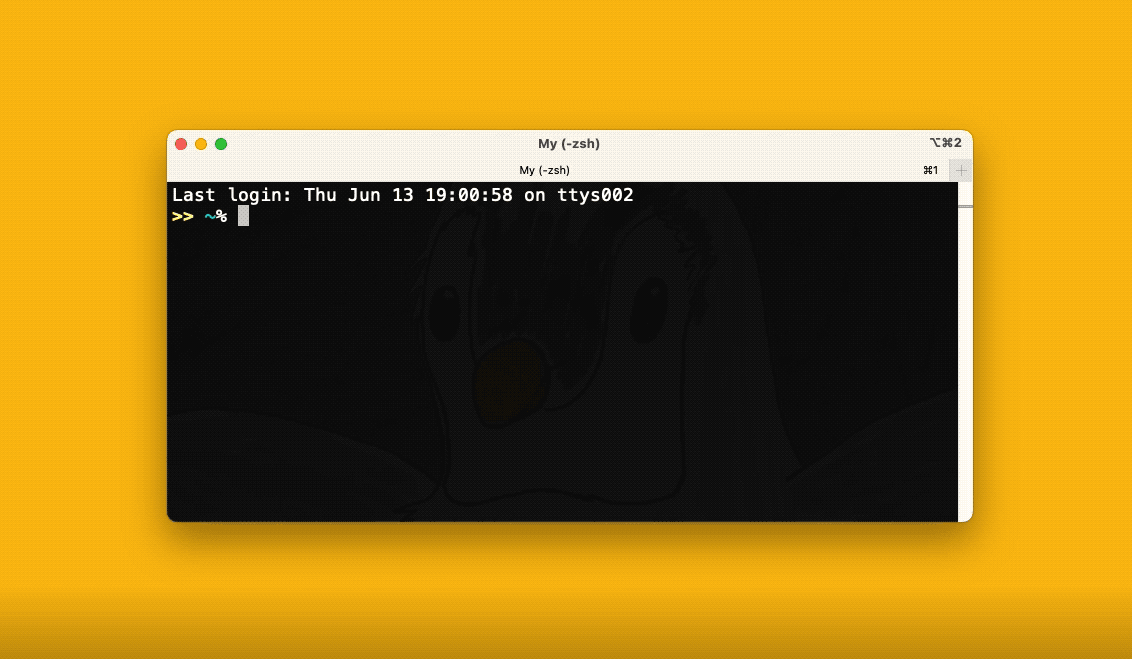Leverage Ollama in iTerm2 AI integration
os/macOS Introduction
Recently, iTerm2 released version 3.5.0, which includes generative AI integration in OpenAI API. Ollama is an open platform for large language models (LLM). Starting from February 2024, Ollama has built-in support of OpenAI chat completions API. Putting them together, we can now ask AI to compose commands for us seamlessly in iTerm2 interface, using Ollama bot locally.
Configuration
Here are the steps to start using the AI integration in iTerm2:
- Install the AI plugin from iTerm2 site.
- In iTerm2 preferences, under
Generalsection andAItab, enter “OpenAI API key” with anything non-empty, fill in the AI prompt, specify the model and the custom URL.
For example, mine is like below:
- OpenAI API key:
abc - AI prompt:
Return commands suitable for copy/pasting into \(shell) on \(uname). Do NOT include commentary NOR Markdown triple-backtick code blocks as your whole response will be copied into my terminal automatically. If not otherwise specified, you should always give at most one line of command. The command should do this: \(ai.prompt). - Model:
codegemma:instruct. - Token limit:
16384. - Custom URL:
http://localhost/v1/chat/completions. - Use legacy “completions” API: false.
Remarks:
- If your Ollama runs on a server in WLAN, e.g. at IP address
192.168.0.107, just replace thelocalhostin custom URL with that IP address. - Don’t forget to start Ollama by
ollama servebefore using iTerm2’s AI integration.
Workflow
My favorite iTerm2 workflow after the configuration above:
- Press
command + shift + .to activate the composer. - Specify my need in plain English, and press
command + yto send the input text to Ollama. - After a few seconds, the text should be replaced by Ollama’s response.
- Press
shift + enterto send the response to the terminal.
A demo:
